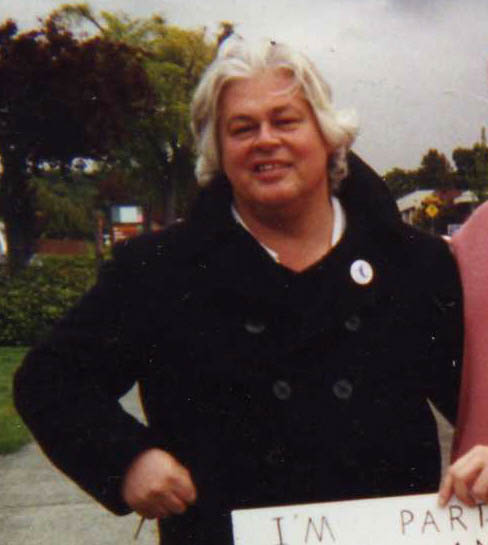According to a statement from his organization, seasoned environmentalist Paul Watson was detained in Greenland on Sunday and may be extradited to Japan due to his suspected anti-whaling actions in the Antarctic years ago.
After arriving in Nuuk, Greenland, Paul’s ship, the John Paul DeJoria, with its twenty-five-person crew, planned to intercept the Kangei Maru, a newly launched factory whaling ship from Japan, which was valued at $48 million. At Japan’s request, police swiftly boarded the ship, handcuffed Paul Watson, and put him under arrest on a decades-old Red Notice.
Watson was wanted by Interpol, at Japan’s request, after the Japanese Coast Guard acquired an arrest warrant for him in April 2010 “on suspicion of ordering sabotage activities against Japan’s whaling fleet”. “Breaking into the Vessel, Damage to Property, Forcible Obstruction of Business, Injury” is the charge listed on the red notice issued by Japan.
The seasoned environmentalist will be held in Nuuk until at least August 15 in accordance with the court’s ruling, according to a Monday email from the Captain Paul Watson Foundation. This will allow the Danish justice ministry ample time to look into the issue and consider extradition. According to the foundation, he may receive a maximum term of 15 years in prison in Japan.

Paul Franklin Watson, a Canadian-American environmental, conservation, and animal rights activist, was born on December 2, 1950. He is the founder of the Sea Shepherd Conservation Society, a direct action and anti-poaching organization that focuses on marine conservation. The Japanese government and Greenpeace have both accused Sea Shepherd of ecoterrorism, drawing criticism to the organization’s methods. Watson holds dual citizenship from the US and Canada.
The oldest of Anthony Joseph Watson and Annamarie Larsen’s children, Paul Watson was born in Toronto and raised in St. Andrews, New Brunswick, among three younger brothers and two younger sisters, according to the Sea Shepherd Conservation Society. He says he learned to “respect and defend animals” as a child by being a member of the Kindness Club. Watson relocated to Vancouver following his employment as a tour guide at Expo 67, the World’s Fair held in Montreal in 1967.
Watson was found guilty of assaulting a fisheries inspector in 1980 and was given a 10-day prison sentence along with a $8,000 fine for his actions during a protest against the Canadian seal hunt. Her Majesty’s Penitentiary in St. John’s, Newfoundland and Labrador, is where Watson completed his term. In accordance with the Seal Protection Act, he was also found guilty of painting harp seal pups red to make their pelts less valuable. Charges relating to Watson’s conduct against Spanish and Cuban fishing boats off the coast of Newfoundland led to his arrest in Canada in 1993. A court in Lofoten, Norway, found Watson guilty in absentia in 1997 and sentenced him to 120 days in prison for his alleged attempt on December 26, 1992, to sink the tiny Norwegian fishing and whaling vessel Nybraenna. Although he was detained in the Netherlands for eighty days while awaiting an extradition decision, he was eventually freed after Dutch authorities declined to turn him over to Norwegian police.
Since the trial in Newfoundland, there have been no effective attempts to prosecute Watson for his involvement with Sea Shepherd. Watson argues that his actions are permissible under international law, specifically citing Sea Shepherd’s authority to enforce maritime laws against unregistered sealers and whalers.






